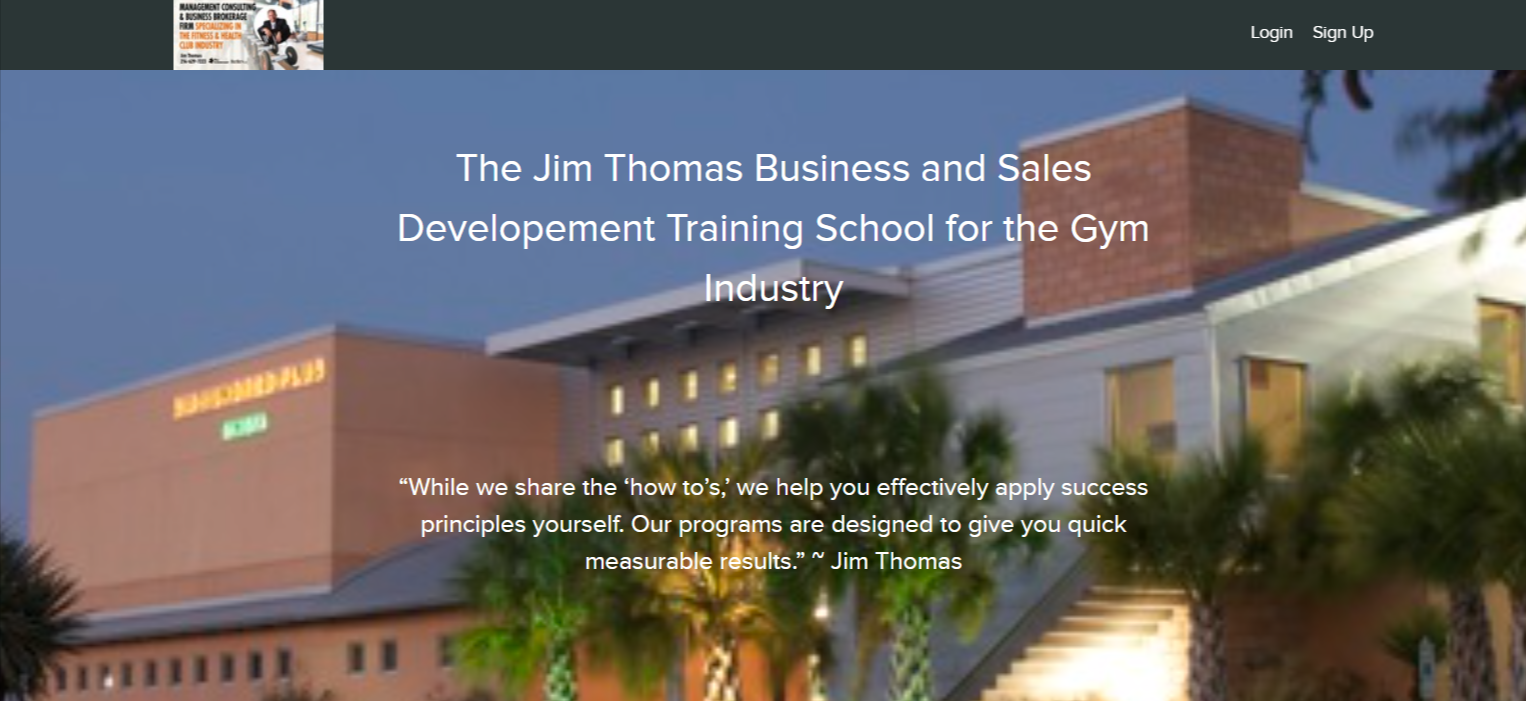Many entrepreneurs require a small business loan to get started; however, choosing the right business loan can be intimidating. Fortunately, there are several different avenues of business loans to choose from, including an SBA loan.
What is an SBA loan? What is an SBA 504 loan? How does it work? What is the difference between an SBA 504 loan versus other SBA loan programs?
What is an SBA Loan?
With an SBA loan, the US Small Business Administration partners with lenders to get loans for small businesses. Rather than directly giving money to small business owners, the SBA sets criteria for loans.
The rationale behind using this lending model is that it poses less risk for lenders and lending organizations, which makes small businesses receiving a loan a much more straightforward process. Here are some other advantages of using an SBA loan:
- Competitive rates and fees
- Potentially unique perks involved such as no collateral or lowered down payments
- Continued loan counseling
What Can SBA Loans Be Used For?
This entirely depends on the particular SBA loan you apply for, but you can use SBA loans for the following:
- Purchasing equipment
- Startup funding
- Purchasing real estate
- Business expansion
- Functioning capital
SBA Loan Requirements
SBA loans have specific requirements for a business, including:
- Having depleted other financing options
- Must be located in the US
- Have to be operating in and approved by the SBA
- Hold a business status of for-profit
- Must be part of SBA size standards
SBA Loan Payment
Fortunately, SBA loans are among the more affordable small business loan options. The average interest rates on SBA loans are 7-8%. However, the SBA does charge a fee for a loan guarantee, but they waive (the fee) for loans up to $150,000.
The amount of the SBA loan payment each month depends entirely on each individual business’s situation. Make loan payments online, by mail, or via telephone.
How to Apply for an SBA Loan
Before applying for an SBA loan, it’s best to speak to a Business Financing Advisor to determine your business’s most ideal financing options. If an SBA loan is the best avenue of funding for your business, apply now.
What is an SBA 504 Loan?
An SBA 504 loan, aka an SBA CDC/504 loan, provides small businesses financing on a long-term basis for assets not likely to be quickly turned into profit, such as buildings, equipment, land, and more. People commonly call this loan a commercial real estate loan.
One characteristic that sets SBA 504 loans apart from other SBA loans is that these three entities are needed to issue the loan:
- SBA-approved certified development company (CDC)
- The borrower
- The bank
Here are some advantages to using an SBA 504 loan:
- Competitive interest rates with a potential fixed loan rate
- Backed by the SBA
- Lower down payments
- Own rather than rent/lease fixed assets
- Business owner receives real estate appreciation and tax perks
- Lower fees than other small business loans
- Long-term coverage
- The majority of small businesses are eligible
How Does the SBA 504 Loan Work?
The SBA 504 loan works differently than other SBA loans that are typically halfway guaranteed by the SBA and given by an official SBA lending associate. With the SBA 504 loan, there is a specific breakdown of percentages involved:
- 10%-Down payment from the small business owner/borrower
- 40%-Loan provided from a CDC; an SBA approved business that promotes facilitate economic success
- 50%-bank loan or another lending organization
SBA 504 Loan Rates
SBA 504 loan rates consist of interest rates from both the CDC and the bank’s loan contributions. The SBA determines the CDC rates, and after a tedious calculation process, the CDC interest rates usually range between 3-6% and are fixed.
The bank portion of the loan varies considerably because the borrower and the small business’s quality determine the interest rate. Bank loan rates are higher than the CDC’s and can be variable or fixed depending on the bank’s discretion; however, they do not typically go above 10%.
What’s the Difference Between an SBA 504 and an SBA 7A?
Both are small business loans, but they have more differences than similarities. For example, an SBA 504 is geared for fixed assets, whereas the SBA 7A covers more of a broad range and covers anything from purchasing buildings to business supplies. The SBA 7A can also be an option for short or long-term financing, and the SBA 504 covers long-term.
Both also vary widely in loan terms, depending on what each loan covers. The SBA 7A is also a considerably lower loan size, has both variable and fixed rates, and requires a minimum of 10% from the loan applicant.
Other SBA Loan Programs
SBA Disaster Loans
The SBA Disaster Loan is a lower interest rate loan covering businesses after they’ve encountered a significant event or catastrophe. SBA Disaster Loans essentially keep companies from going out of business, can cover damages unpaid by FEMA or insurance, and cover operating costs lost due to the event.
Economic Injury Disaster Loans
Economic Injury Disaster Loans, or EIDLs, are small business loans that help struggling organizations during temporary loss of income.
Summary
SBA loans are useful, government-backed financing options that can be used for various small business expenses, depending on the SBA loan. There are several different SBA loans to apply for, but if you need long-term financing for fixed assets, then the SBA 404 loan is appropriate. If your business needs broader financing coverage, look into an SBA 7A.
For businesses experiencing financial hardship due to the pandemic or significant events, applying for an SBA disaster loan, EIDL, or EIDL grants would be suitable options. For more information, apply now to speak with an advisor today!
Click here for more details or call 214-629-7223 or email jthomas@fmconsulting.net for more information. Or, apply now.
An Outsourced CEO and expert witness, Jim Thomas is the founder and president of Fitness Management USA Inc., a management consulting, turnaround and brokerage firm specializing in the gym and sports industry. With more than 25 years of experience owning, operating and managing clubs of all sizes, Thomas lectures and delivers seminars, webinars and workshops across the globe on the practical skills required to successfully overcome obscurity, improve sales, build teamwork and market fitness programs and products. Visit his Web site at: www.fmconsulting.net or www.youtube.com/gymconsultant.



